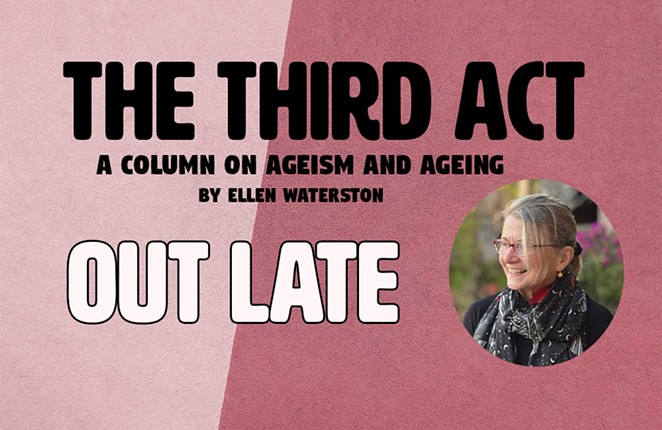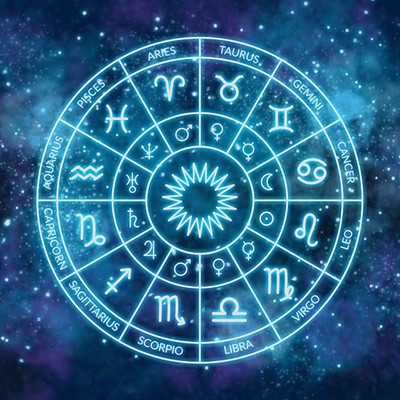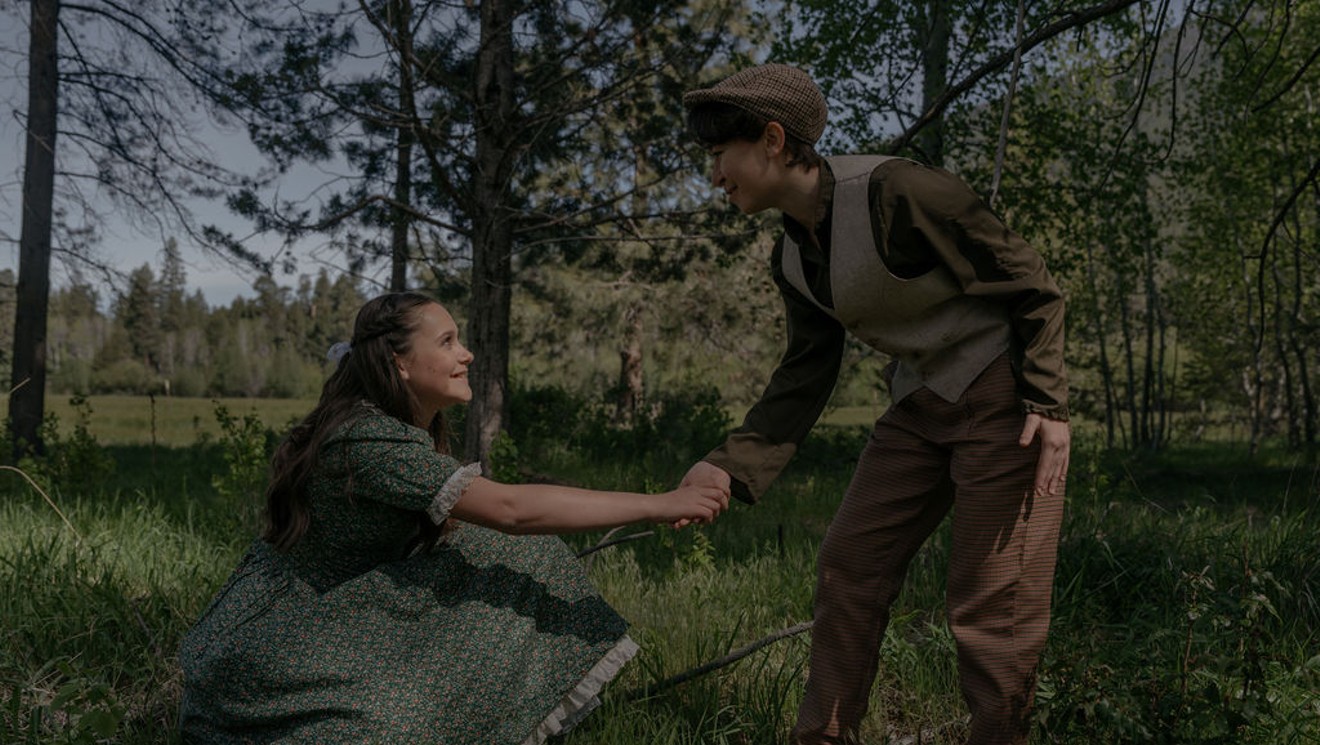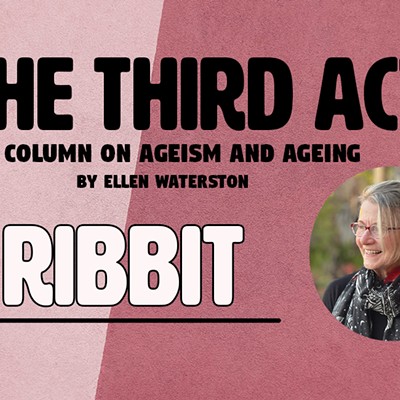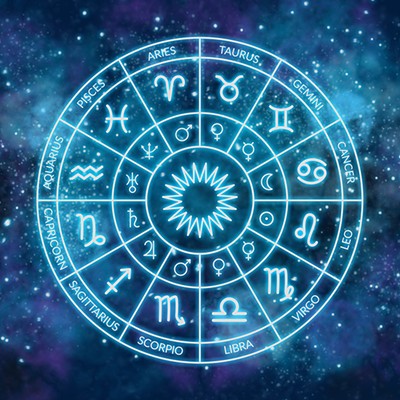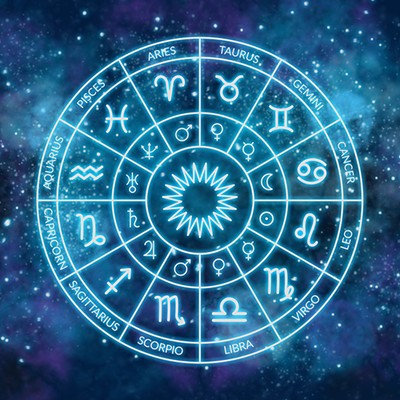Those of us over 65 who have health and stamina thank our lucky stars every day. Realizing that won't always be so results in a kind of weird frenzy... stop and smell the flowers but at the same time, go, go, go! Less superficially, with the easing of cultural, social and professional pressures during the sunset years, for some this time of life is also the final opportunity to make good on persistent and more consequential desires. The need to postpone or suppress things long dreamed of is lifted.
My parents were married in the 1930s. In a formal wedding photo, their five-year-old flower girl, dressed in an ankle-length white dress ruffled at the hem, stands shyly holding a basket of flowers. Later, as a young woman and continuing into adulthood, she successfully forged her way as an academic, eventually attaining a coveted position as a college administrator. Over the course of her professional ascent, well-intentioned friends and relatives never understood why their efforts to match her with eligible Mr. So and So never worked out. The answer came when she was nearly 60. She and her female partner dared move in together after decades of closeting their feelings for one another.
One reason for their caution was the U.S. government's institutionalization of homophobia during the early years of the Cold War and the moral hysteria it sparked, to paraphrase Wikipedia. United States history classes on the 1950s typically focus on The Red Scare and McCarthyism. (Just in case it rings a 2024 campaign year bell, the American Heritage Dictionary's definition of McCarthyism is, "the political practice of publicizing accusations of disloyalty or subversion with insufficient regard to evidence.") But Sen. Joseph McCarthy of Wisconsin was also the architect of The Lavender Scare, which occurred at the same time. It singled out gay men and lesbians as communist sympathizers and was one of the longest witch hunts in American history, a sordid campaign during Dwight D. Eisenhower's presidency to oust any and all government employees suspected of being homosexual. Thousands lost their jobs. My godfather, who served as an attorney for the federal government at that time, was one of them.
As it turns out, the egregious actions of the government back then helped ignite the LBGTQ rights movement that continues today. In 1957, Frank Kameny, a Harvard-trained astronomer, was the first to legally protest his firing during The Lavender Scare, subsequently committing himself to a lifelong fight for the rights of LGBTQ people to live authentically. Though there are many remaining social and political challenges, significant progress has been and is being made toward greater acceptance. And the grey and gay are taking note.
In the June 2023 issue of InSeniors, Amanda Combs states, "Based on Gallup polling from 2022, 7.2% older adults identify as lesbian, gay, bisexual, transgender...double the percentage from Gallup's 2012 study according to SAGE and the National Resource Center on LGBTQ+ Aging. It's estimated there will be 7 million LGBTQ+ people in the U.S. who are 50 and older by 2030."
Liz Maynes-Aminizade's February 2023 New Yorker interview with Will Shortz, quotes The New York Times puzzle master as saying, "... I think by the time I was in my early 30s, I accepted the way I was. But a gay lifestyle wasn't something that I wanted. And I didn't need it. I have a wonderful job, lots of friends. I just live a full life. And then when I was 69, this guy came into my life who I'm crazy about, and he's crazy about me."
"More Older Women Coming Out as Lesbians," Kristin Tillotson's article (Cape Cod Times, January 2010) features Midwesterner Nancy Edwards for whom "the switch from straight to out lesbian came after two marriages to men. Edwards, 67, '...grew up in Indianapolis in the 1940s and '50s and didn't know any other way to live. And even if I had, in the age of McCarthyism, you didn't want to step outside the box.' After she and her second husband divorced, 'I got sober, and thought maybe my feelings for other women was from drinking too much,' she said. 'What the drinking was really about was keeping those feelings under wraps.'"
As Maynes-Aminizade concludes in her interview with Will Shortz, "...sometimes, the hardest puzzle to crack is how to love yourself."
—Poet and author Ellen Waterston is a woman of a certain age who resides in Bend. "The Third Act" is a series of columns on ageing and ageism.

